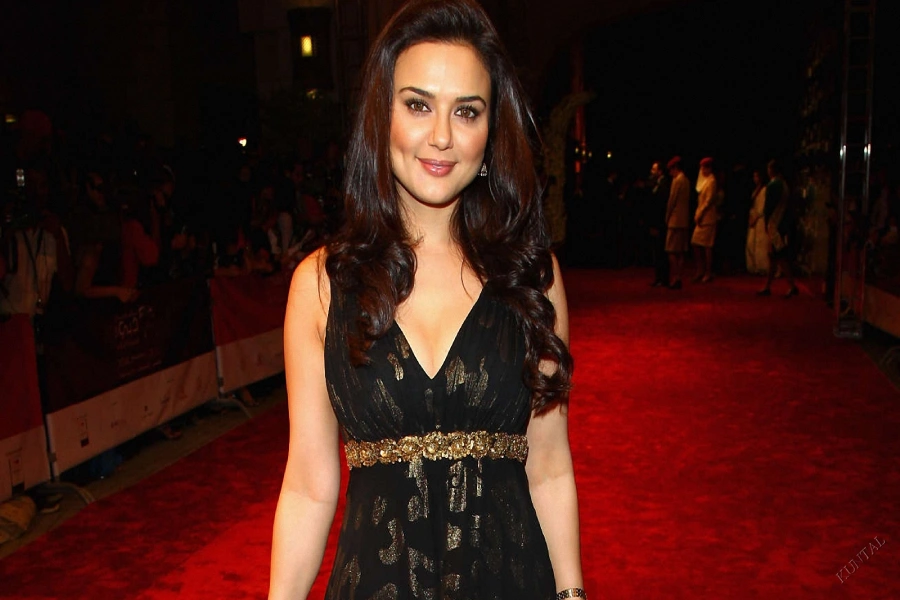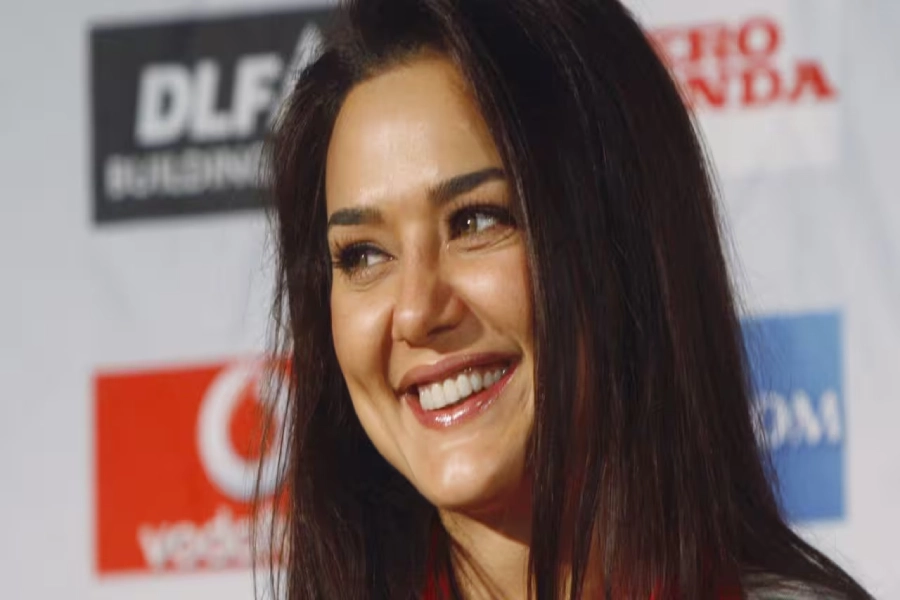Preity Zinta, the acclaimed Bollywood actress and co-owner of the IPL franchise Punjab Kings, has recently been involved in a notable legal dispute concerning her position in KPH Dream Cricket Pvt Ltd, the company owning the Punjab Kings. The conflict centers around an Extraordinary General Meeting (EGM) held on April 21, 2025, which Zinta challenged as illegal and invalid. This article provides a comprehensive overview of the lawsuit, the judicial decision, and an in-depth legal analysis under the Indian Companies Act, 2013. We will also explore the implications of the case for corporate governance, minority shareholder rights, and celebrity business owners.

Background of the Dispute
KPH Dream Cricket Pvt Ltd is a private limited company registered under the Companies Act, 1956, and owns the Punjab Kings IPL franchise. Preity Zinta holds a substantial 23% stake in the company, giving her a significant say in its operations.
In April 2025, the company convened an Extraordinary General Meeting (EGM) led by co-directors Mohit Burman and Ness Wadia. Zinta filed a civil suit claiming the EGM was conducted unlawfully, alleging violations of the Companies Act, 2013 and the company’s Articles of Association. She sought to declare the meeting null and void and restrain the company and co-directors from implementing any resolutions passed during the EGM.
Additionally, Zinta requested the court to prevent Muneesh Khanna from holding or acting as a director, questioning his legitimacy post the disputed meeting.
Court Proceedings and the Dismissal of the Suit
The civil suit was heard in Chandigarh before Civil Judge Kaushal Kumar Yadav. Despite Zinta’s claims, the court dismissed her suit, ruling that it lacked jurisdiction to entertain the case. The dismissal was primarily based on Section 430 of the Companies Act, 2013, which bars civil courts from adjudicating matters related to company disputes that fall under the purview of the National Company Law Tribunal (NCLT).
The defendants, represented by senior advocates, argued that the case fundamentally involved allegations of oppression and mismanagement under Sections 241 and 242 of the Companies Act, 2013. These sections deal specifically with grievances related to company affairs and are exclusively handled by the NCLT, which has specialized jurisdiction over such corporate disputes.
The court agreed with this argument, emphasizing the legislative intent to channel such disputes to the NCLT to ensure expert, efficient, and specialized handling.
Legal Analysis: Companies Act, 2013 and NCLT Jurisdiction
The Companies Act, 2013 governs corporate affairs in India, including dispute resolution mechanisms. Key legal provisions relevant to this case include:
-
Section 241: Enables shareholders to petition the NCLT if they believe that company affairs are being conducted in a manner oppressive to any member or prejudicial to the public interest.
-
Section 242: Empowers the NCLT to pass orders to rectify issues of oppression or mismanagement, which can include setting aside resolutions or removing directors.
-
Section 430: Explicitly prohibits civil courts from entertaining suits related to company management disputes once an alternative remedy through the NCLT exists.
This legal framework underscores the exclusivity of the NCLT in handling internal corporate conflicts, relieving regular courts from technical company matters and ensuring disputes are settled by judges with corporate law expertise.

Implications for Minority Shareholders and Corporate Governance
Preity Zinta’s case highlights critical issues around minority shareholder rights and corporate governance in private companies, especially high-profile sports franchises like Punjab Kings. Minority shareholders often face challenges when co-directors or majority stakeholders conduct meetings or pass resolutions perceived as detrimental to their interests.
This case exemplifies the legal safeguards built into Indian company law to protect such shareholders from oppression and mismanagement. However, the procedural route requires affected members to approach specialized forums such as the NCLT rather than traditional civil courts.
For celebrity business owners like Zinta, who blend public fame with corporate roles, disputes bring additional media scrutiny, making transparent governance and legal clarity vital.
Broader Context: Celebrity-Owned Sports Franchises and Legal Challenges
The involvement of celebrities in IPL franchises has become increasingly common, combining star power with business. However, celebrity ownership can lead to complicated dynamics around boardroom decisions, shareholder agreements, and governance.
Legal disputes like Zinta’s demonstrate the importance of robust legal frameworks to balance business interests and resolve conflicts effectively without disrupting the franchise’s commercial operations or public image.
What’s Next for Preity Zinta and KPH Dream Cricket Pvt Ltd?
Following the dismissal of her civil suit, Preity Zinta still has the option to pursue her grievances before the NCLT. The tribunal will assess if the EGM and subsequent actions by the co-directors constitute oppression or mismanagement as defined under the Companies Act, 2013.
This legal path will require presenting evidence and arguments regarding governance irregularities, potential breaches of fiduciary duty, and minority shareholder protections.
The case also sets a precedent for how high-profile company disputes within IPL franchises may be legally contested in India moving forward.
Conclusion
Preity Zinta’s legal challenge against Mohit Burman and Ness Wadia over the KPH Dream Cricket Pvt Ltd EGM is a classic example of the complexities involved in corporate governance disputes under Indian company law. The civil court’s dismissal based on jurisdictional grounds highlights the specialized role of the NCLT in such matters.
For shareholders, particularly minority ones, this case reaffirms the importance of understanding the legal mechanisms and forums available for dispute resolution. For celebrities venturing into business, it emphasizes the need for clear governance and adherence to statutory frameworks to avoid prolonged legal battles.
FAQ
Q1: What was the basis of Preity Zinta’s legal suit against Mohit Burman and Ness Wadia?
A1: Zinta challenged the validity of an Extraordinary General Meeting (EGM) held in April 2025, claiming it violated the Companies Act, 2013, and the company’s Articles of Association.
Q2: Why did the civil court dismiss Preity Zinta’s suit?
A2: The court ruled it lacked jurisdiction under Section 430 of the Companies Act, which bars civil courts from hearing company disputes handled by the National Company Law Tribunal (NCLT).
Q3: What is the National Company Law Tribunal (NCLT)?
A3: NCLT is a specialized quasi-judicial body in India that adjudicates corporate disputes, including cases of oppression and mismanagement under the Companies Act.
Q4: What legal remedies are available to minority shareholders like Preity Zinta?
A4: Minority shareholders can file petitions with the NCLT under Sections 241 and 242 of the Companies Act to seek relief against oppression or mismanagement.
Q5: How does this case affect corporate governance in IPL franchises?
A5: It highlights the importance of transparent decision-making, adherence to company laws, and the availability of legal forums to resolve internal disputes without disrupting business.

